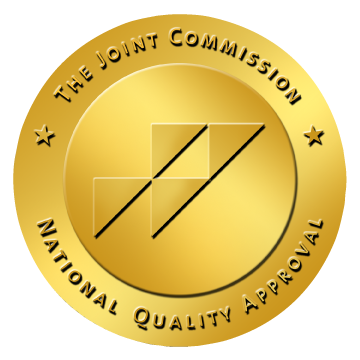Over a 20-year span beginning in 1997, the prevalence of children and adolescents aged 4 to 17 diagnosed with ADHD increased by more than 67%. This influx of disease identification and subsequent treatment methods resulted in a positive change for many students who struggled with coursework and attention span, but there were some unintended consequences as well.
For one, stimulants like Adderall, the brand name for a drug composed of amphetamine and dextroamphetamine and a pill often prescribed to ADHD sufferers to help with focus, grew in both availability and acclaim.
Statistics curated by the National Institute on Drug Abuse show that about 2 in 3 teens and young adults who abuse prescription stimulants obtain the drug from non-prescription sources. Further, a 2018 study found that 11% of college students said they used Adderall without a prescription.
Regardless of age, the risk of becoming addicted to Adderall is high, and continued usage can lead to experimentation with other drugs. Wondering about the long-term health effects of Adderall abuse? Read on to learn more.
Long-term usage of any controlled substance, including Adderall, can lead to tolerance and addiction. With tolerance, users must graduate to higher doses over time in order to feel the same effect, while addiction can rob you of who you are as a person, straining your relationships, career opportunities, and wellbeing. In addition to becoming addicted to Adderall, long-time users can develop withdrawal symptoms if they abruptly stop taking the drug. These symptoms can range from depression and mood swings to drowsiness and listlessness.
The reason Adderall is effective is that it increases dopamine, the brain’s “feel good” hormone, which can improve your mood and focus. The problem is that frequent changes in dopamine levels can also trigger mental health impairments like depression and anxiety. Additionally, Adderall can cause insomnia, which may exacerbate any existing mental health problems.
Adderall can wreak havoc on your cardiovascular system, raising your blood pressure, heart rate, and breathing rate while also limiting blood flow. For someone with a healthy heart, this may not be a problem, but long-term Adderall use paired with cardiovascular disease is a recipe for disaster. The U.S. Food and Drug Administration (FDA) has even issued a black box warning related to misusing Adderall and its potential for contributing to cardiovascular events and sudden death.
Though most of the research on long-term Adderall use and sex drive involves males, what is available shows that sexual side effects can occur. One study on prescription stimulants had males frequently reporting a loss of sexual desire. And as mentioned earlier, Adderall can restrict blood flow, which may lead to erectile dysfunction.
It’s been reported that long-term use of Adderall can stunt children’s growth. Studies have even illustrated that these hindrances in growth directly correlate with higher doses. The higher the dose, the slower the growth appears.
Unlike mental health impairments that are more easily managed, toxic psychosis may require treatment for the remainder of your life. The best way to describe toxic psychosis is as a condition that causes someone to lose touch with reality. Psychosis sufferers can experience hallucinations, have delusions about things that aren’t true, or feel extreme forms of paranoia. Though it’s statistically rare for an Adderall user to develop psychosis, one study found it to occur in one in every 660 patients.
It’s believed that stimulants like Adderall are prone to lower the body’s seizure threshold. While that may sound like a positive thing, it’s actually the inverse. A seizure threshold is how likely someone is to experience a seizure. The higher the threshold, the less likely it is for a seizure to occur, so a lowered seizure threshold means you have an increased chance of experiencing one. As you might expect, seizures can be dangerous, even in isolation. It’s not uncommon for someone having a seizure to fall and injure themselves during the act.
If you or a loved one are abusing Adderall, our substance use disorder treatment programs can help. We offer partial hospitalization and intensive outpatient programs that include clinical assessments, individual therapy, group therapy, aftercare planning, and more.
If you’re interested in learning more about what we do, please complete our online intake form, and someone from our staff will reach out to you soon.
If you have specific questions about your use of Adderall, we encourage you to speak with your health care provider first.
